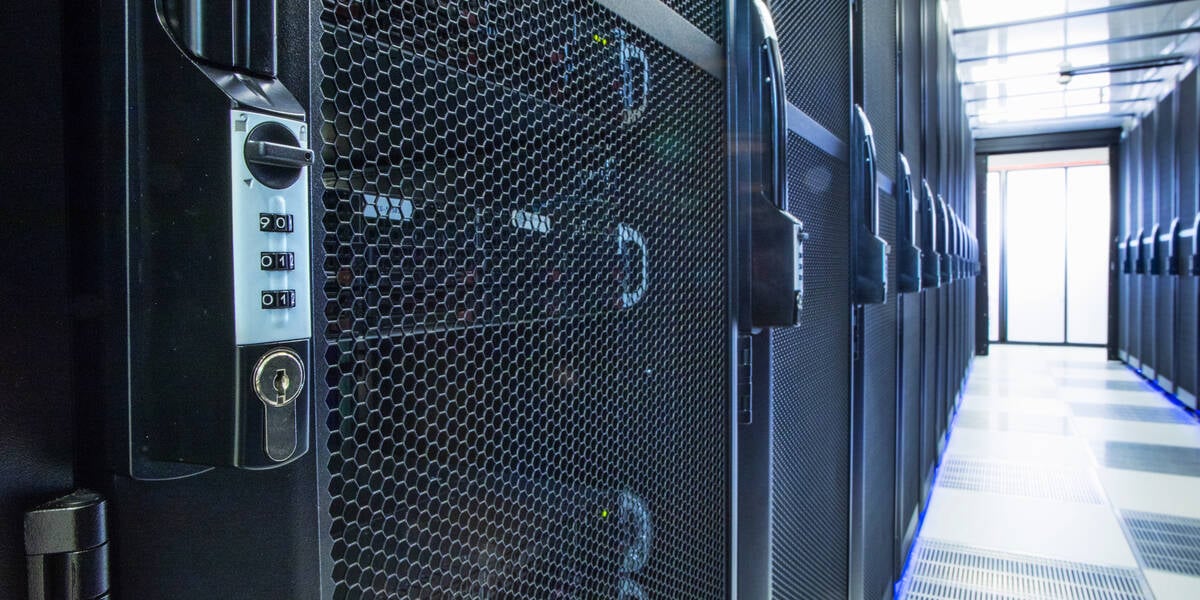Infrastructure service providers Kyndryl and DXC Technology are off to an inauspicious start in their new financial year, recording double digit revenue declines as cloud giants continue to eat into their sales.
Kyndryl, which is essentially most of IBM’s Global Technology Services division that was spun out last autumn into a separately publicly listed entity, reported turnover of $4.28 billion in its Q1 ended 30 June, down 10 percent year-on-year.
“Our revenue trends and adjusted earnings were consistent with our March quarter,” said chief financial officer David Wisher in a statement, which is just about as positive spin on it he could find. “Our transformation is well underway,” he added.
That transformation includes an Alliance initiative, which is Kyndryl working toward its goal of signing up $1 billion worth of “hyperscaler signings” in its fiscal 2023, currently it has signed alliances with an “aggregate value of $235 million.”
The company now has 21,800 hyperscale certifications held by its staff, up 36 percent in the past six months, a move that DXC took some years back in response to changes in market dynamics, including customers shifting to the cloud.
Under the Advanced Delivery program, Kyndryl has redeployed 1,900 delivery professionals to “serve new revenue streams and backfill attrition.” This has “generated savings of roughly $100 million as of quarter-end, equal to half of Kyndryl’s fiscal 2023 year-end objective,” the company said.
In addition, work is coming along on the customer accounts initiative to “address accounts with substandard margins.”
Partnerships agreed in the quarter include one with Cisco to develop new private cloud services and more; global alliances with NetApp and Oracle; and linking arms with Red Hat to sell services based on the Ansible Automation Platform.
The fruits of Kyndryl’s labor in Q1? A net loss of $250 million, albeit better than the $389 million net loss reported a year ago. The red ink included a $103 million transaction cost related to its spin-off, including system migration and rebranding expenses.
DXC Technology reported revenues of $3.71 billion for its Q1 ended 30 June, down 10.5 percent year-on-year. The Global infrastructure Services division fell 13.5 percent to $1.949 billion and Global Business Services (consulting) was down 6.8 percent to $1.758 billion.
Mike Salvino, CEO at DXC, said on an earnings call that its own “transformation journey is creating value but as you can see, with the shortfall in the quarter, we need to do better.”
“The good news is we have the right plan for FY 23. We are laser focused on executing this plan with my team of operators,” Salvino added. “And the work that needs to be accelerated is within our control. We have done a nice job of investing in our business that has produced a stronger quality company and deeper customer relationships that have positively changed our reputation in the industry.”
The plan was to start the year with lower margins but increase them throughout the year. To that end, “we are accelerating our cost optimization to reduce 500 million in cost by the end of the year.”
He pointed out his team also removed $700 million worth of cost in the prior financial year “while delivering for customers and colleagues.”
He said DXC will “continue to hire for the businesses that are growing like GBS and to scale the offshore presence of our global delivery network.”
Atos, another infrastructure services provider, recently announced its own transformation program that involves splitting its business in two and leaning more heavily on workers in near- and off-shore locations.
Salvino says DXC is being more selective in the customer projects its signs up to with the aim of improving margins over the medium and longer-term.
“Deals are coming our way and we are being very disciplined in our deal making. Providers have given customers aggressive deals in the past with hopes that they can improve the economics over time and the old DXC was part of that trend. We all know that these deals were hard to economically make work. The new DXC is focused on doing good deals from the start.”
Against the backdrop of declining sales, DXC reported net income of $103 million versus $282 million a year earlier. ®





















Discussion about this post